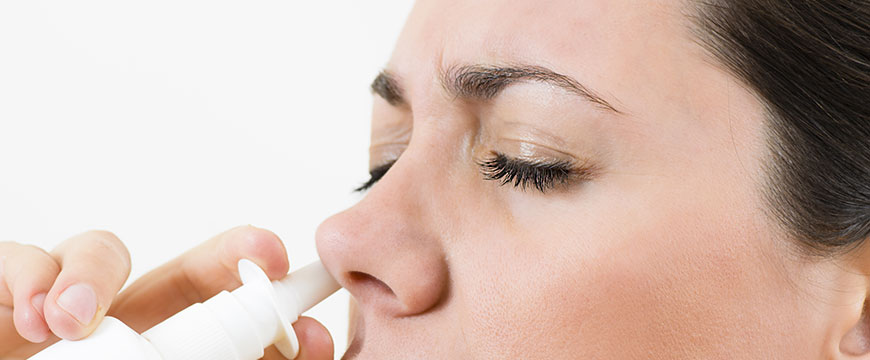
A lot of foods cause allergies, but others are more common. About 90% of serious food allergies are linked to proteins in certain foods, like eggs, milk, soy, peanuts, wheat, fish, tree nuts, sesame, and shellfish.
Most of the time, these foods are ingredients in other foods, which means avoiding them calls for diligence, including precise labeling and other measures. There might be times when exposures unknowingly happen.
You might have to call an allergy doctor if you notice that you have an allergic reaction to some of these. In case you are unaware of what the most common food allergies are, you should do research and start by reading this article until the end. Read more now.
Cow’s Milk
Allergy to cow’s milk is one of the most common hypersensitivities in young children, most likely because it is the first foreign protein that a lot of infants ingest in huge quantities. If there is an allergy to cow’s milk, even infants who are breastfed may have eczema or colic until dairy foods and milk have been eliminated from their mother’s diet.
A lot of children outgrow milk allergy while their immune systems mature.
Eggs
People who have egg allergies are triggered by egg proteins. You might be allergic to egg white, egg yolk, or even both. Experts recommend staying away from eggs when you are allergic.
About 2.5% of children are allergic to eggs, which makes it the second most common food allergy in young children. Diagnosis normally happens before reaching the age of 2. Half of the children are going to outgrow their allergy when they are 5, and most people will outgrow it when they reach adolescence.
Eggs should be listed on food labels in simple language, like “contains eggs.” It is important to always read the label before consumption.
Peanut
Peanut allergy is one of the most common allergy food allergies. Peanuts are different from cashews, tree nuts, almonds, walnuts, and more. peanuts grow underground and they are from a different plant family, which is legumes. Other legume examples include peas, beans, soybeans, and lentils. Having a peanut allergy does not mean you have a bigger chance of being allergic to a different legume.
Wheat and Gluten
Rice and oats are normally the first cereals that are introduced into your diet because they are less likely compared to other grains to cause allergic reactions. If there are no issues with oats, wheat is next. Wheat grain is usually linked with allergies, but it is still uncommon. This is unfortunate because wheat can be found in a lot of prepared foods.
There are 2 kinds of negative immune reactions to consuming wheat. The first classic reaction is hives and the second one is wheezing which happens right away after the child consumes wheat.
Soy
People who have soy allergies react to the proteins in soy. Normally, allergic reactions are mild, but with all food allergies, it might lead to a severe and life-threatening reaction.
Soy is a common allergy in food for children but it is less for teens and adults. Approximately 0.4% of children have an allergy to soy. It is estimated that 50% of the kids outgrow a soy allergy after one year, and most of them will outgrow it when they are 10.
Fish
Finned fish is among the most common food allergy. This is normally lifelong. About 40% of people who are allergic to fish get their first reaction when they are adults. The most common types of fish that people are allergic to are tuna, halibut, and salmon.
You can go to an allergist Germantown MD anytime.







